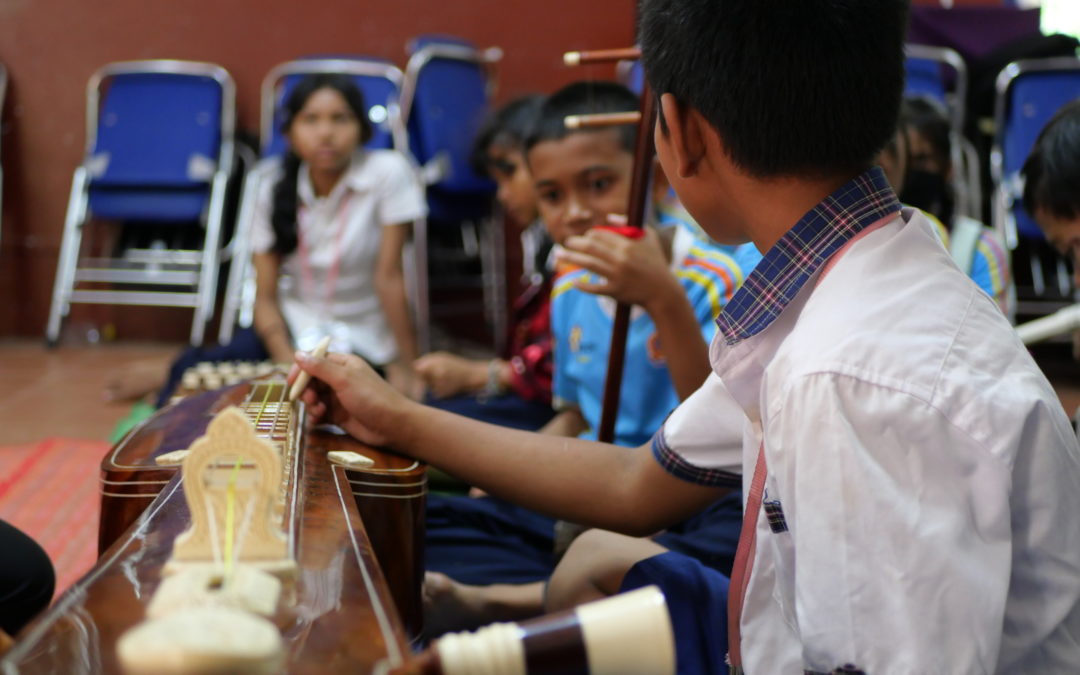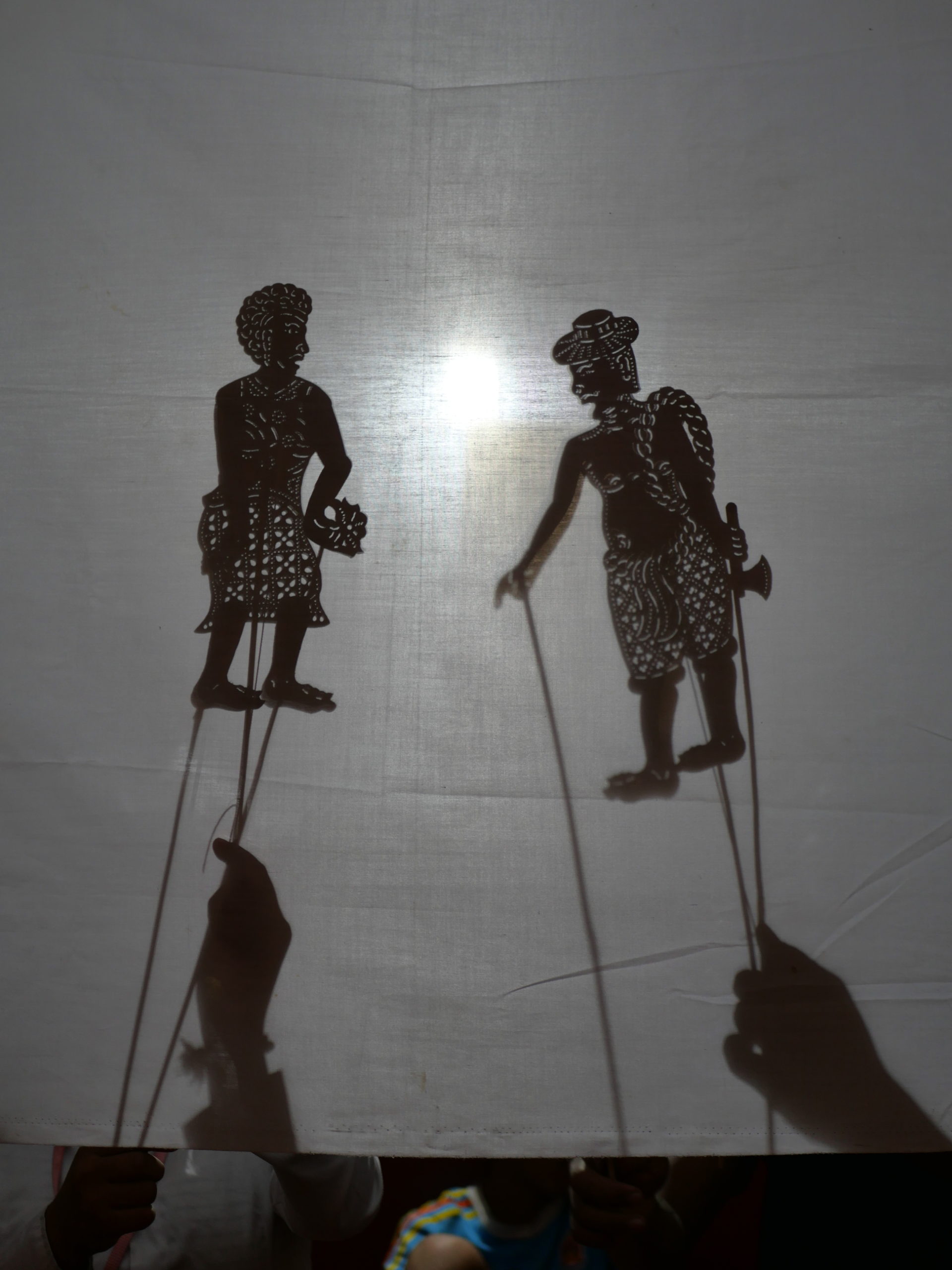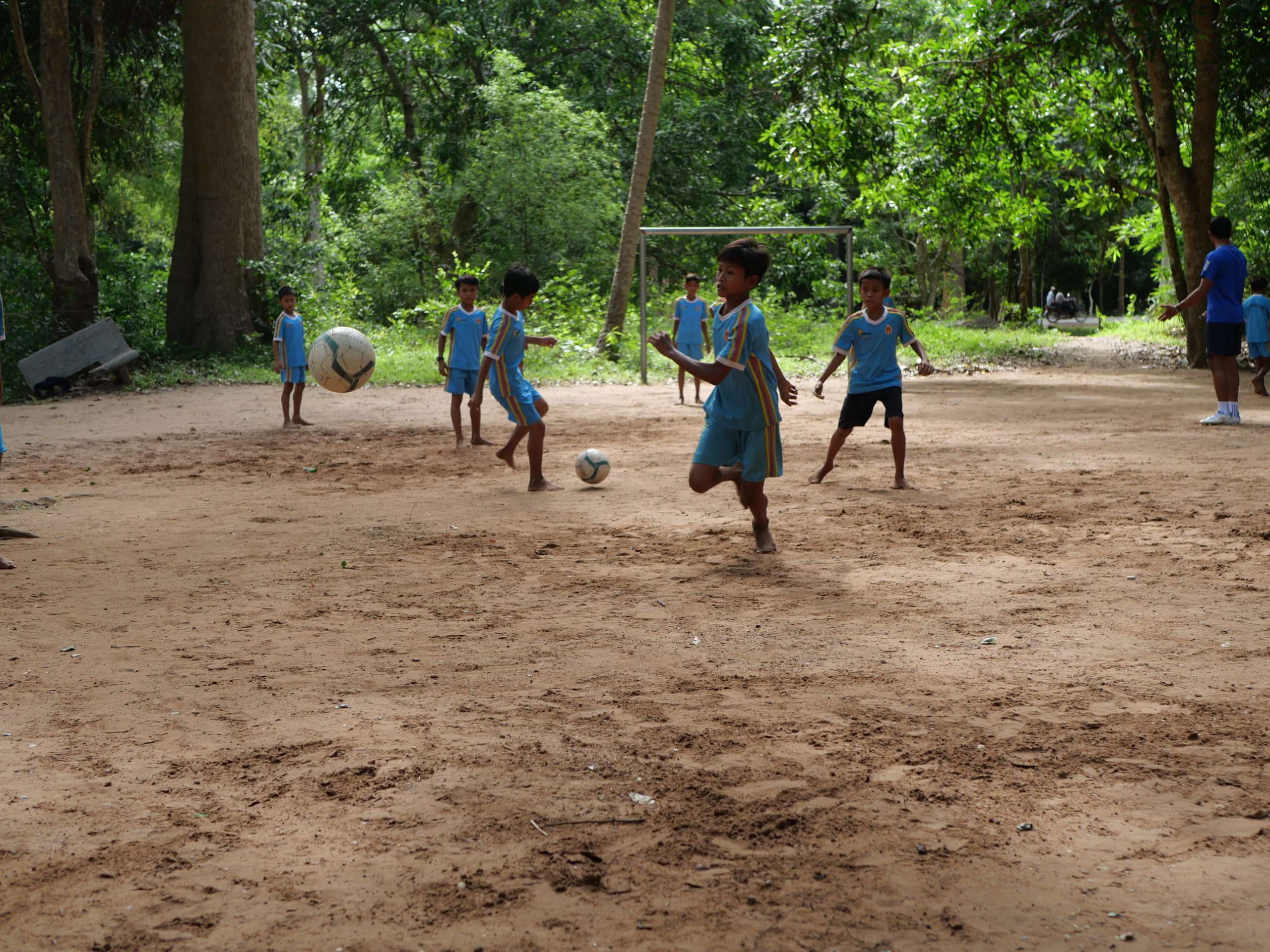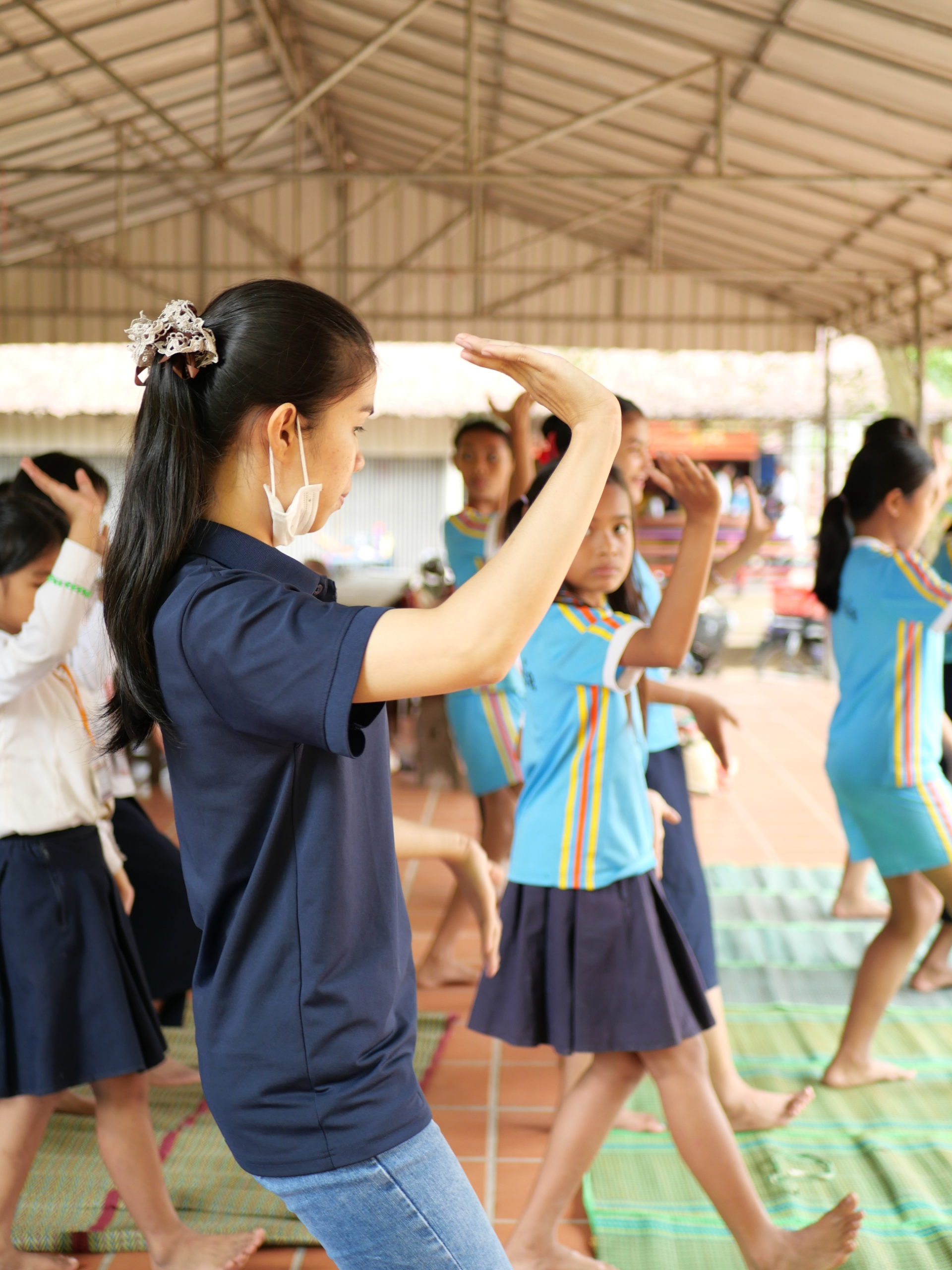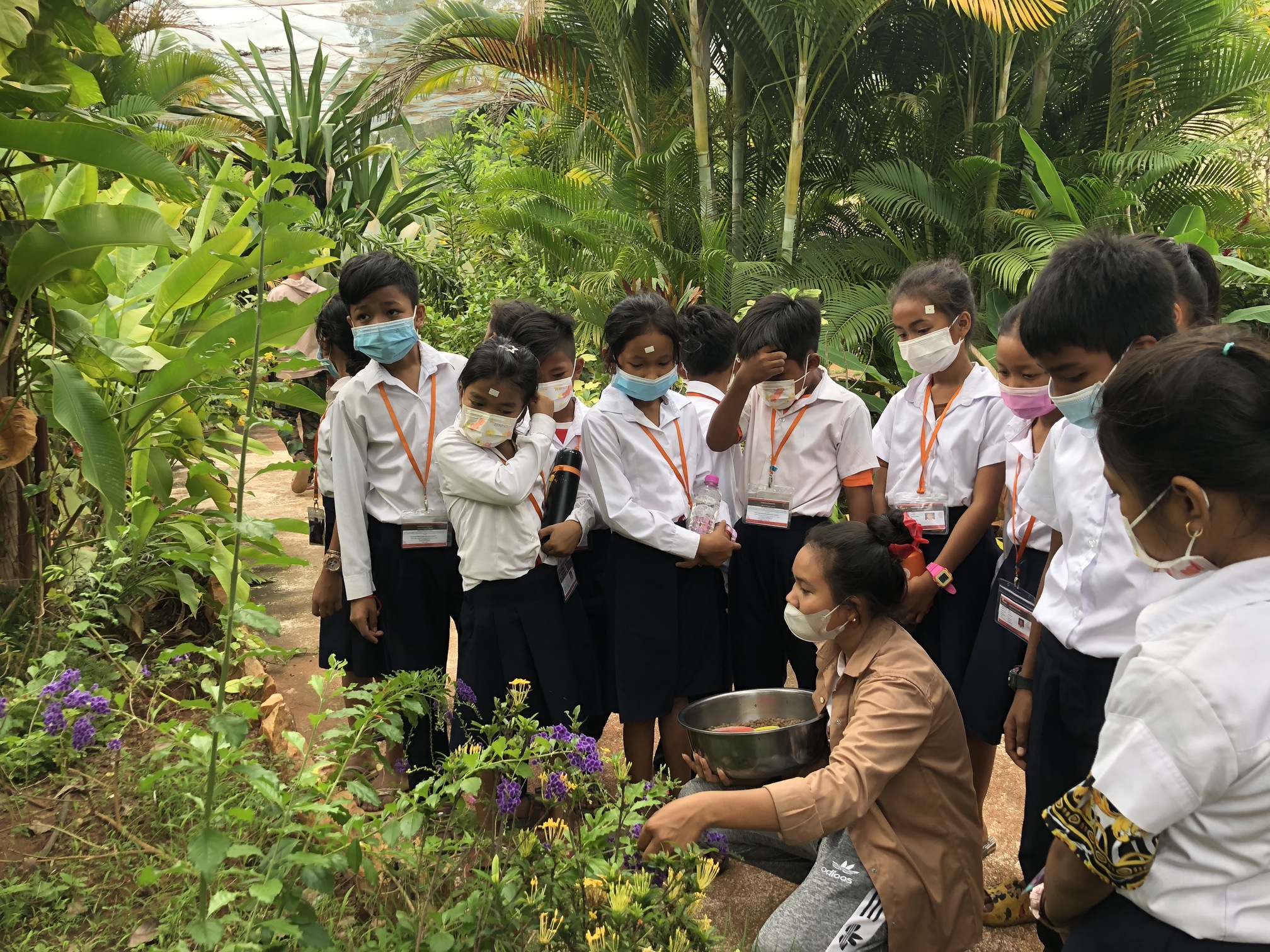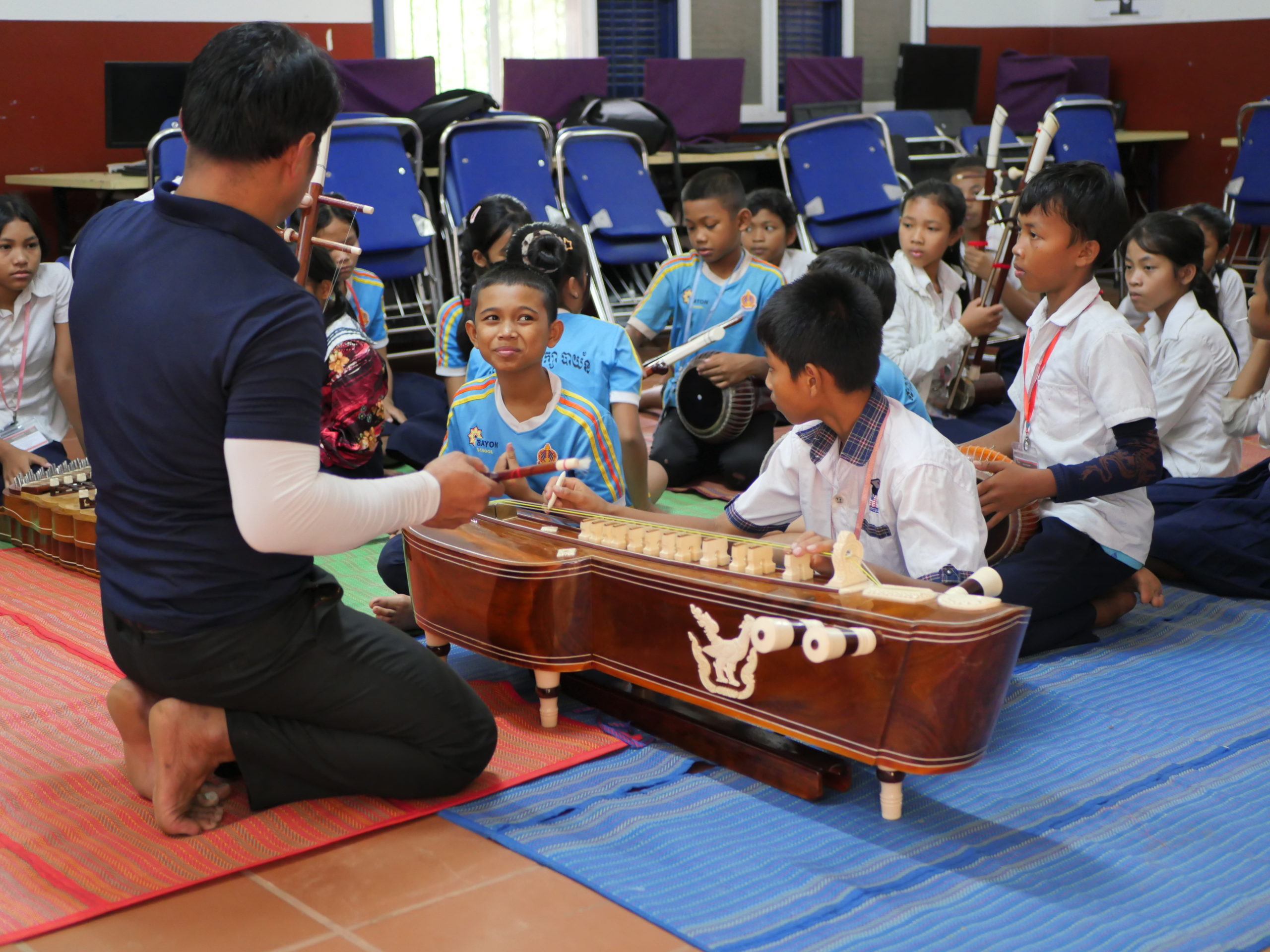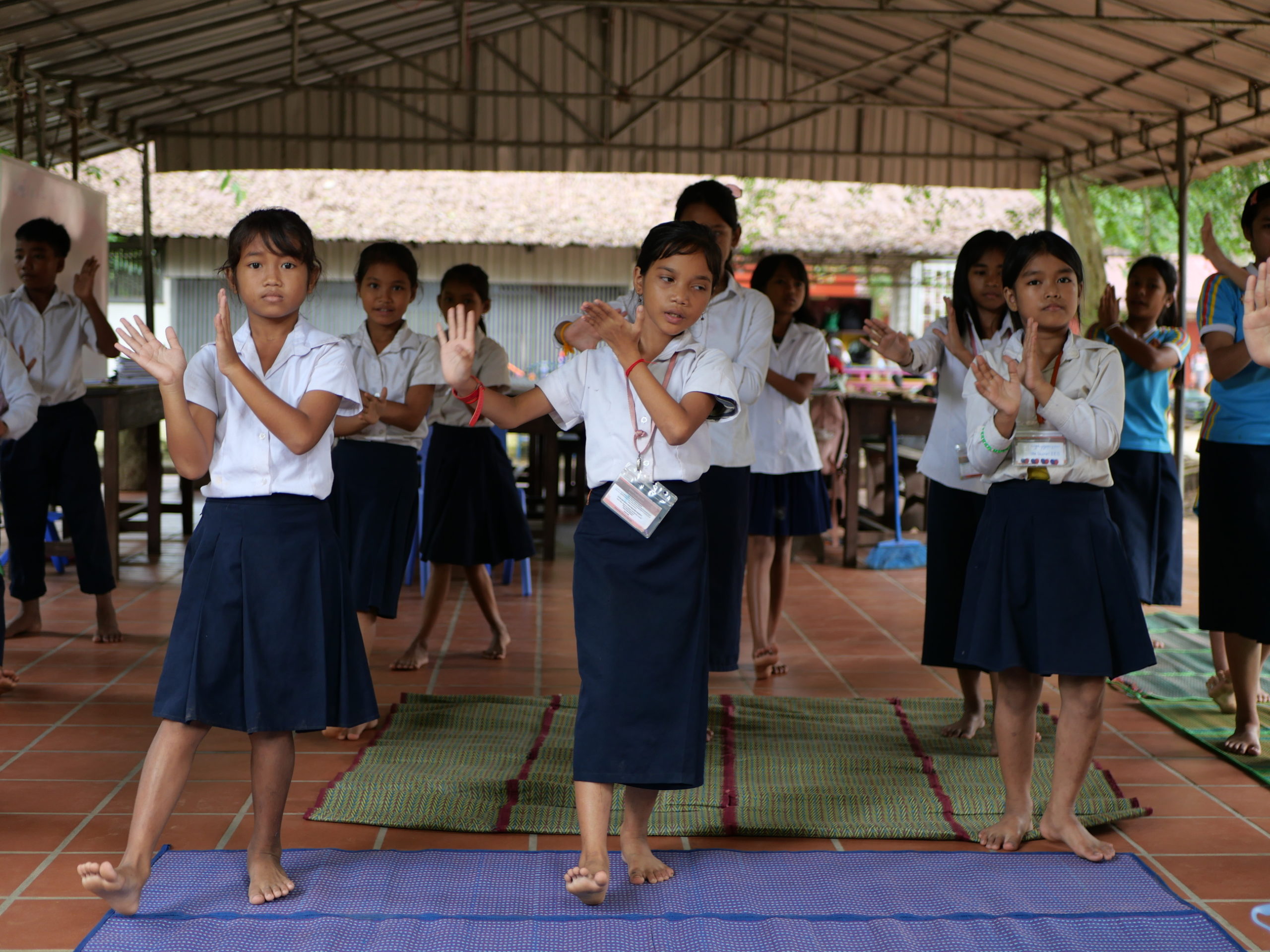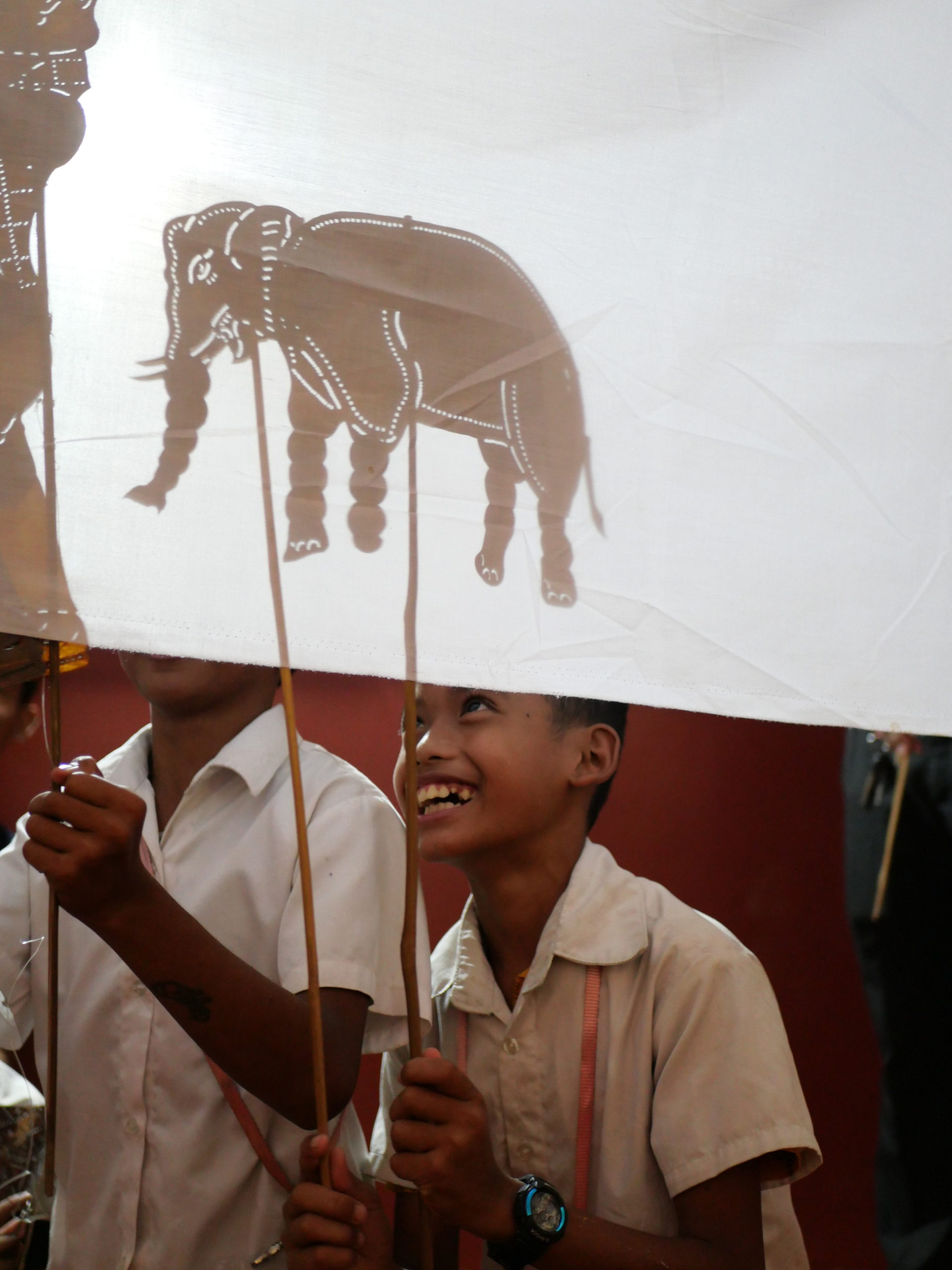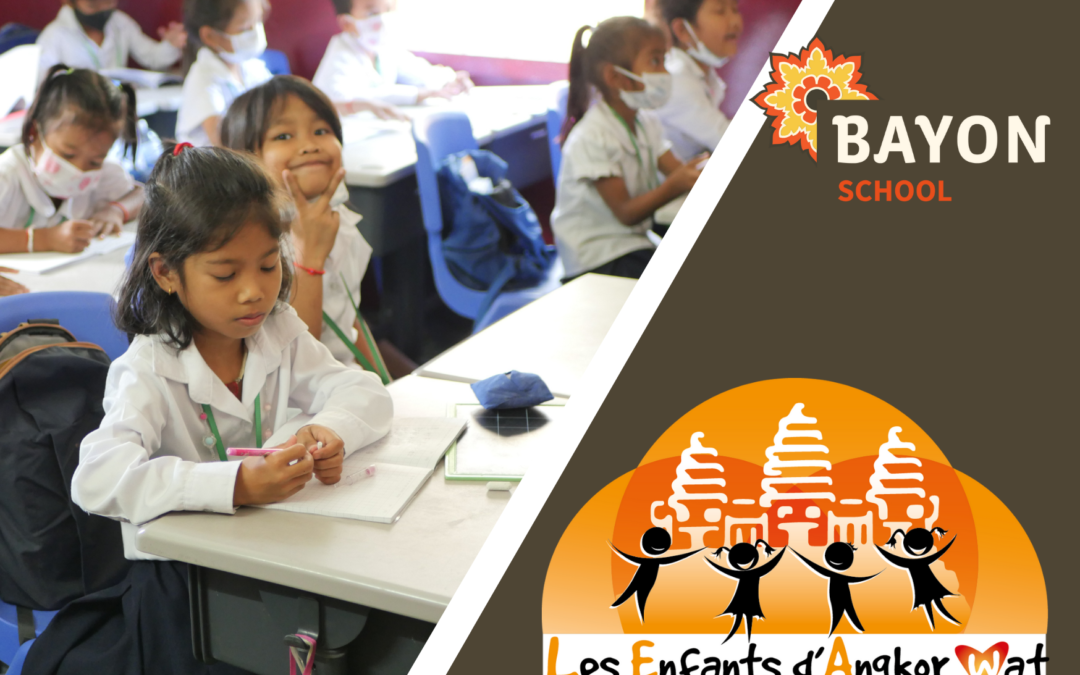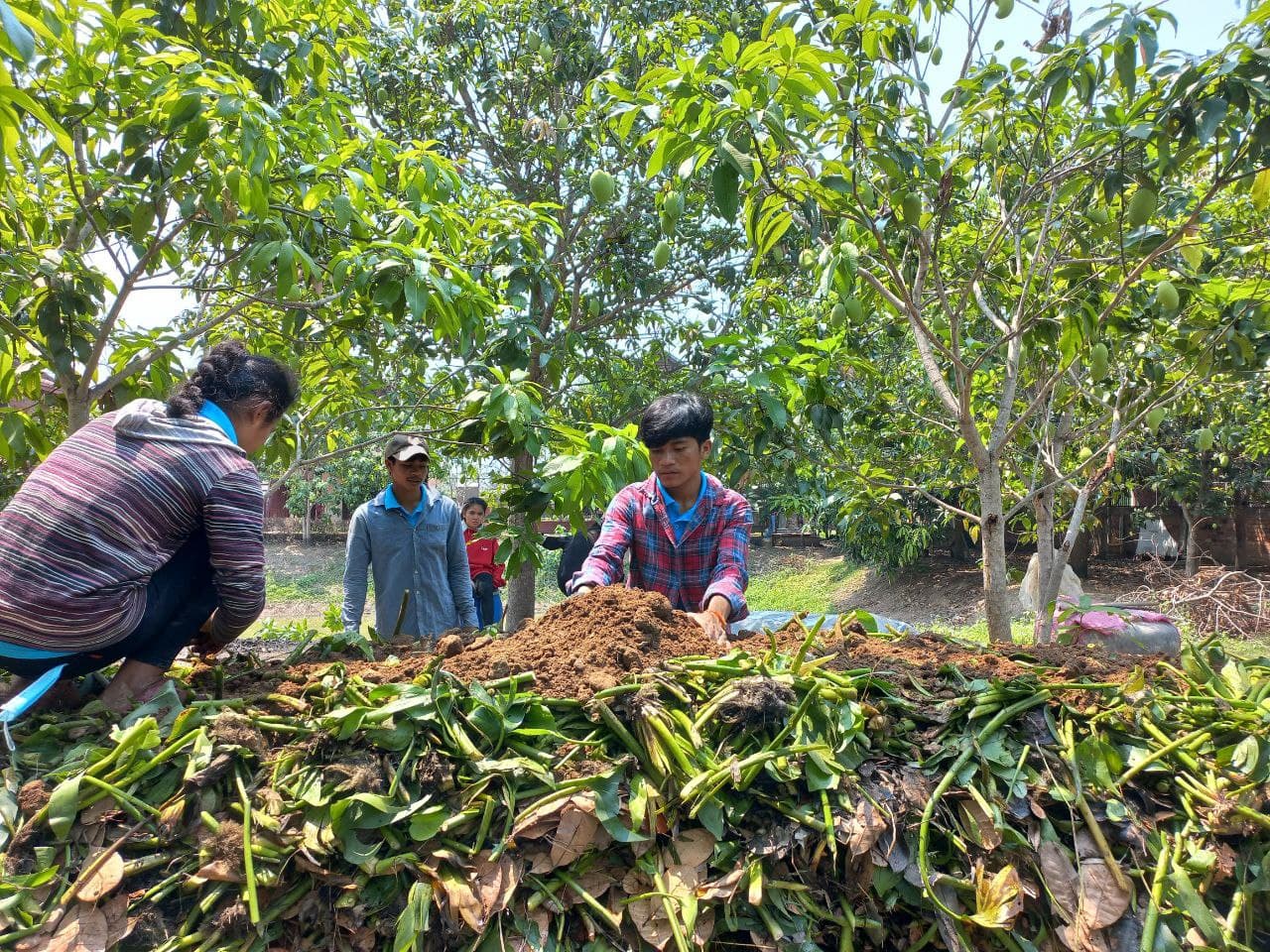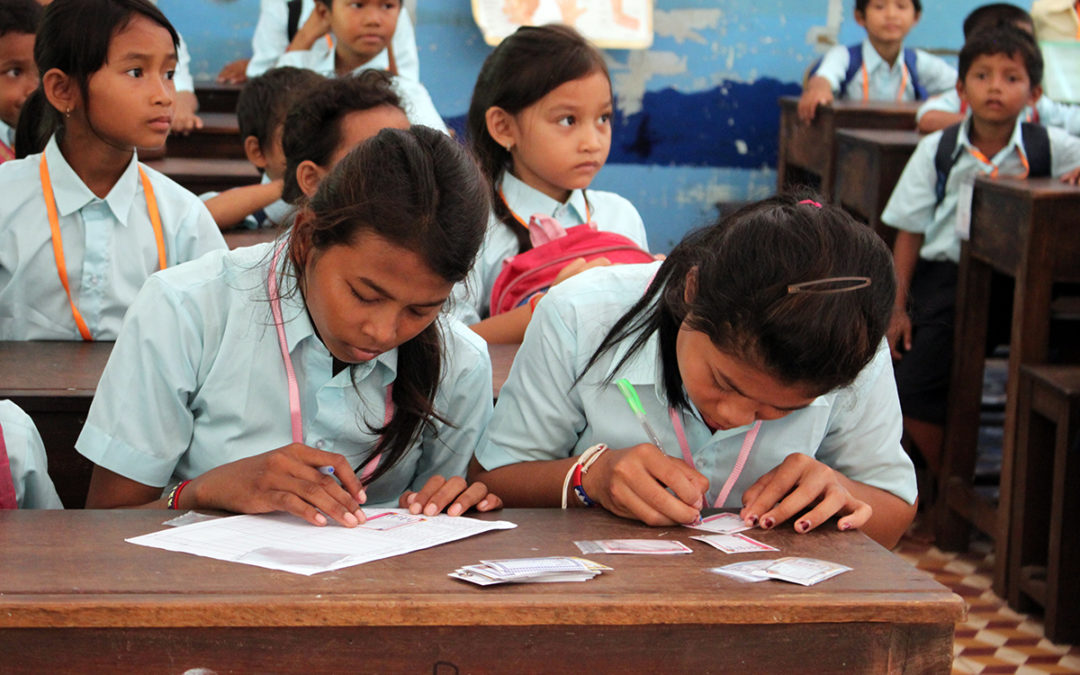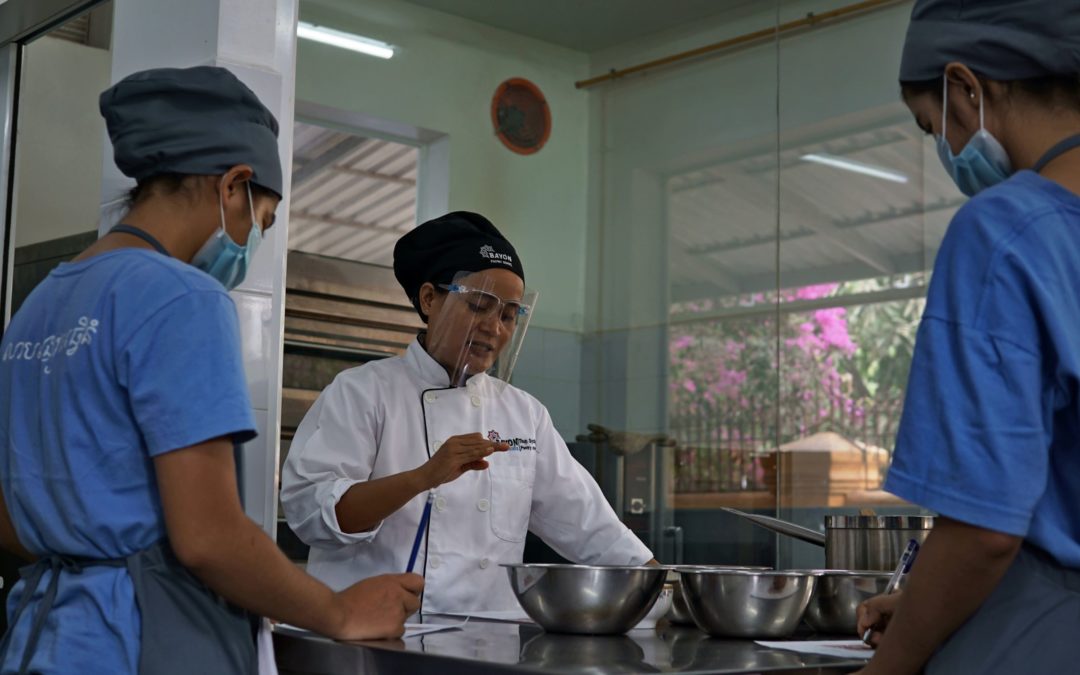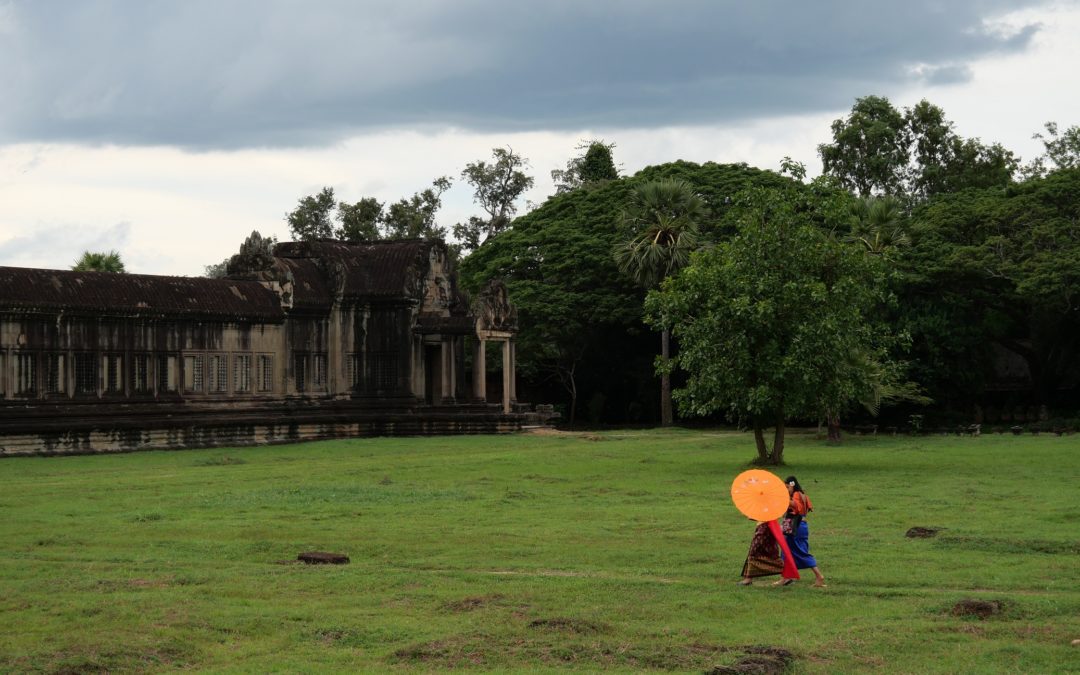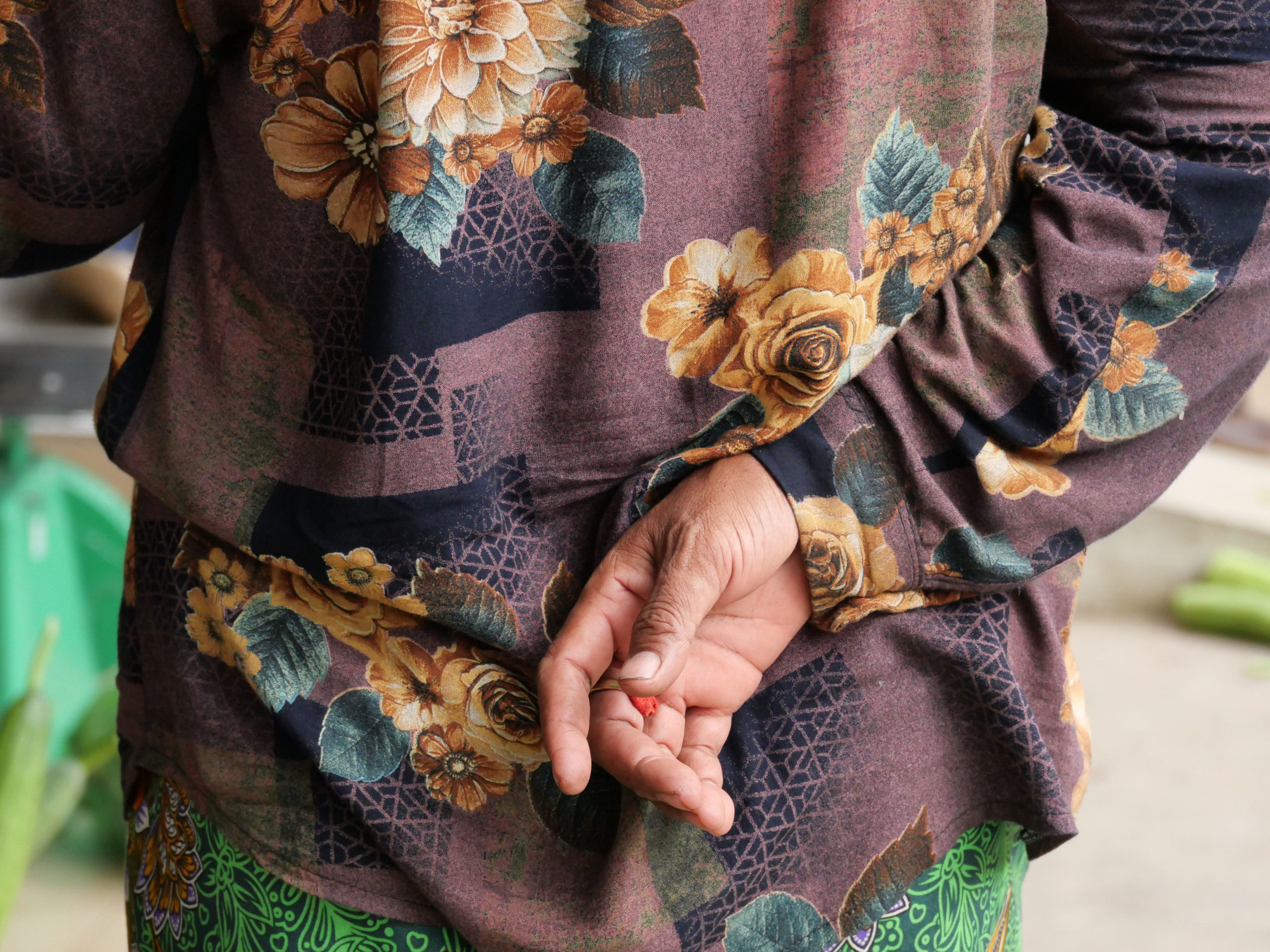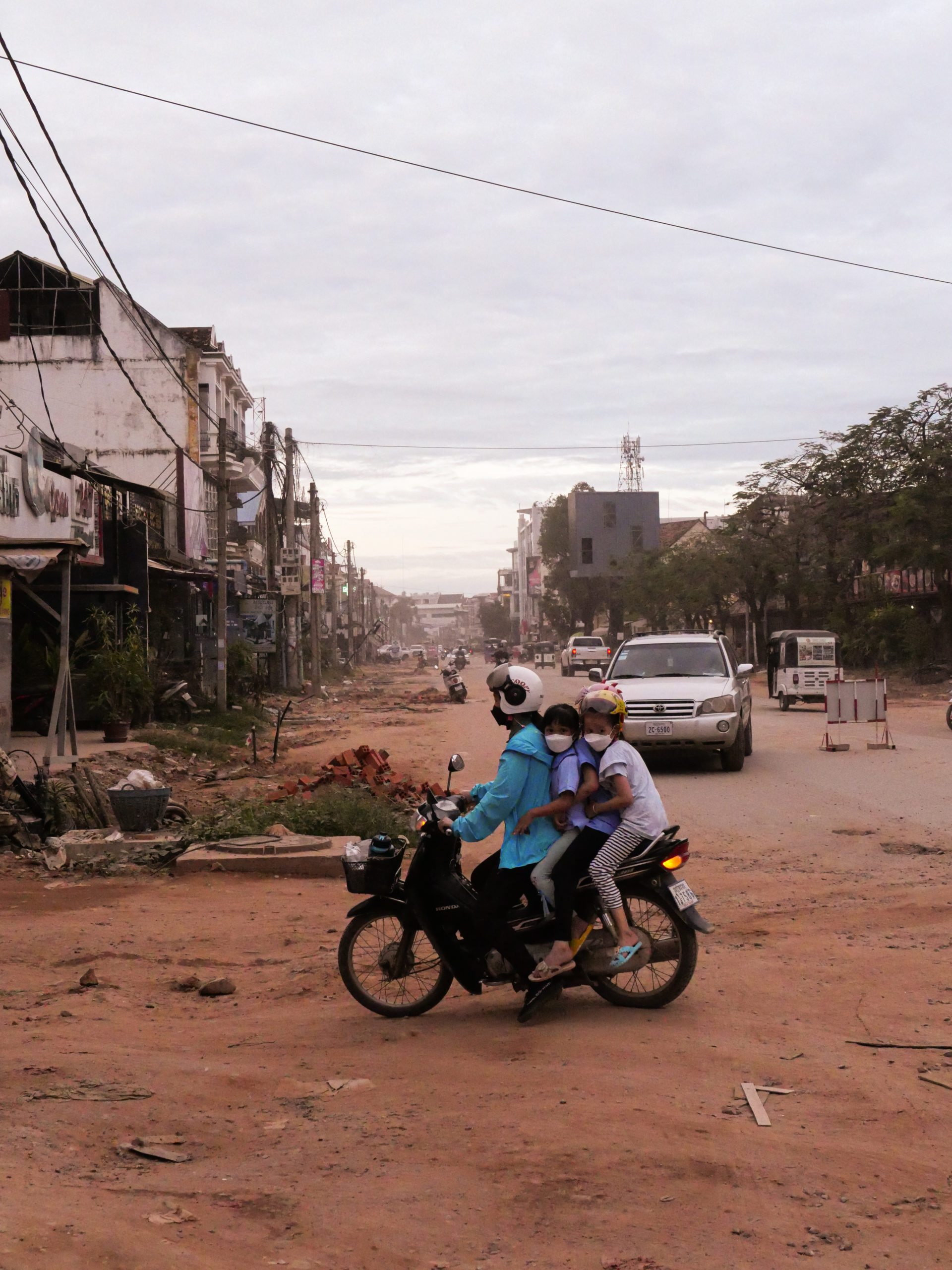
OPEN YOUR EYES : to each his own camera !
Penelope, who has been in charge of communication for the past year, has set up a photography project at the primary school, with the idea of sharing her passion with our students and getting them to practice in turn. She explains us what motivated her to set up this activity.
How was this project born?
If today’s children all have access to a phone and the camera that goes with it, our primary school students have few opportunities to be the ones taking the pictures.
After noticing that they were often photographed without their permission, I wanted to give them the opportunity to express themselves on the world around them and to testify by themselves of their own reality.
I have been practicing photography for many years, and particularly silver photography, and I have noticed, with time, that this medium is a real means of expression, and that an image often speaks more than words. I wanted to share with them this passion which animates me and teaches them to take the time to observe around them what visually allows to tell a story.
Photography often allows to testify about a particular subject, and the silver photography has something unique, because the pictures are visible only at the development. The surprise of the results is always a moment that I particularly like and I wanted to share it with our students!
What is the pedagogical approach proposed?
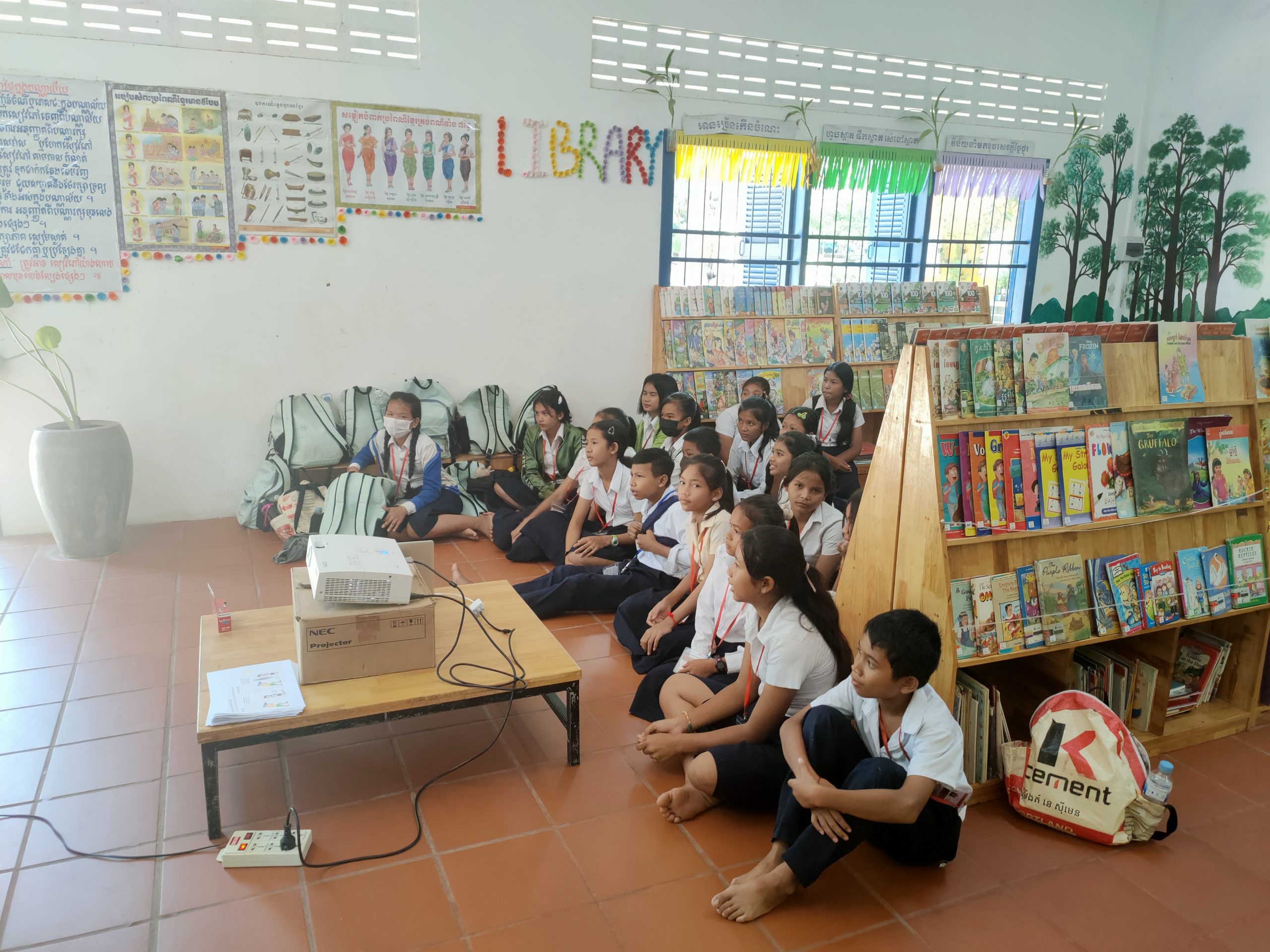
The Art, Culture and Sport program at the Bayon School allow us to reinforce the creativity and confidence of our students. Several workshops are held each week and are essential to the learning process of each student. With the idea of developing this curiosity and their openness to the world, the “Open Your Eyes” project was born from this desire to offer them a new field of learning and artistic expression.
Having very little access to this medium in their everyday lives, we wanted to give them the opportunity to understand what it is, and to practice it.
The workshop took place in two stages:
A first day of presentation on what is photography and how it works. The basics to know before taking a picture (the light ? the framing ?) and the differences between digital and film cameras (what is a film and how it works ?).
It was also an opportunity to introduce them to some of the names of Cambodian photographers known for their pictures throughout the country. This allows our students to identify with these people and to have in mind that they too can tell a story through images.
The second part of the workshop consists of giving each student a disposable camera, with a few ideas for themes that allow them to express themselves freely about their vision of the world. This approach aims to highlight the context in which they live, letting them express themselves about their daily life and how they perceive it themselves.
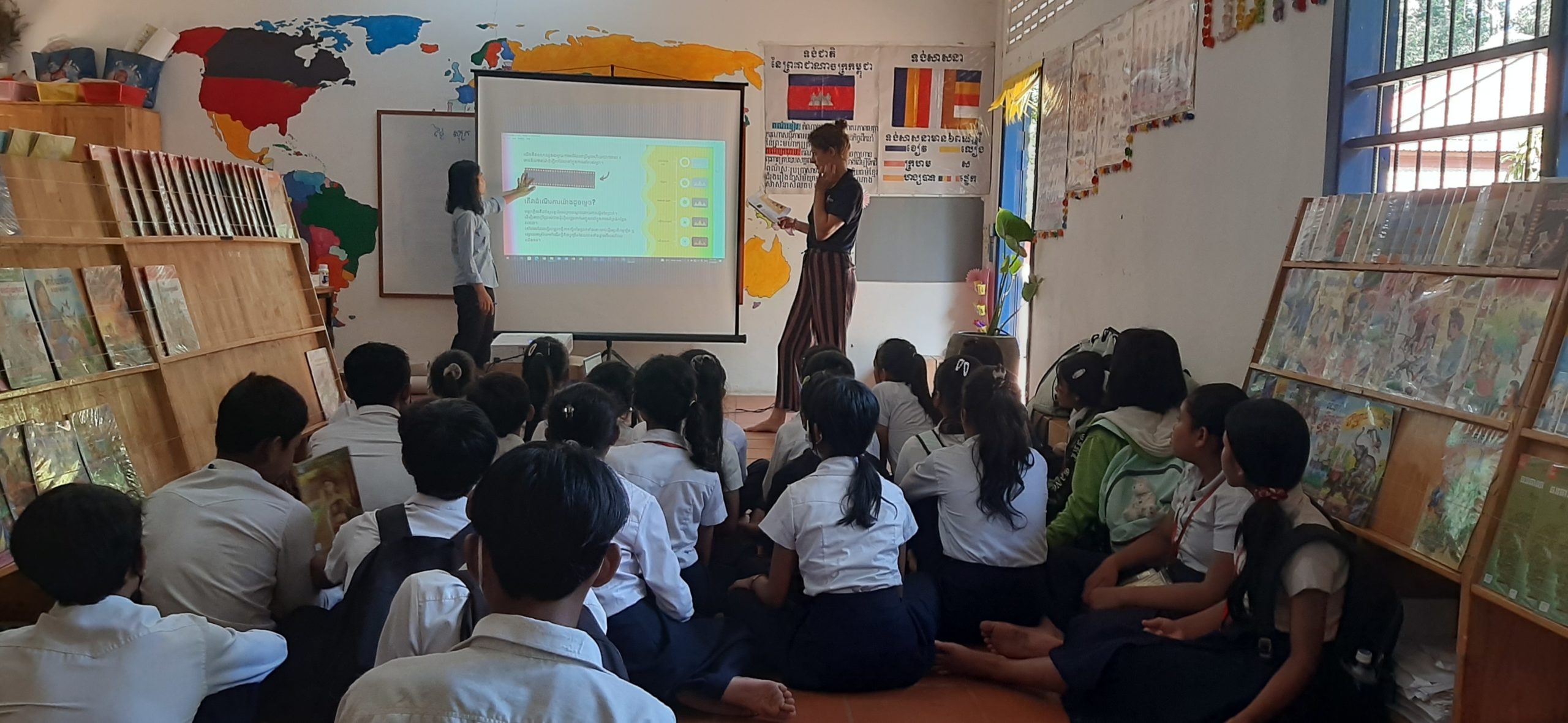

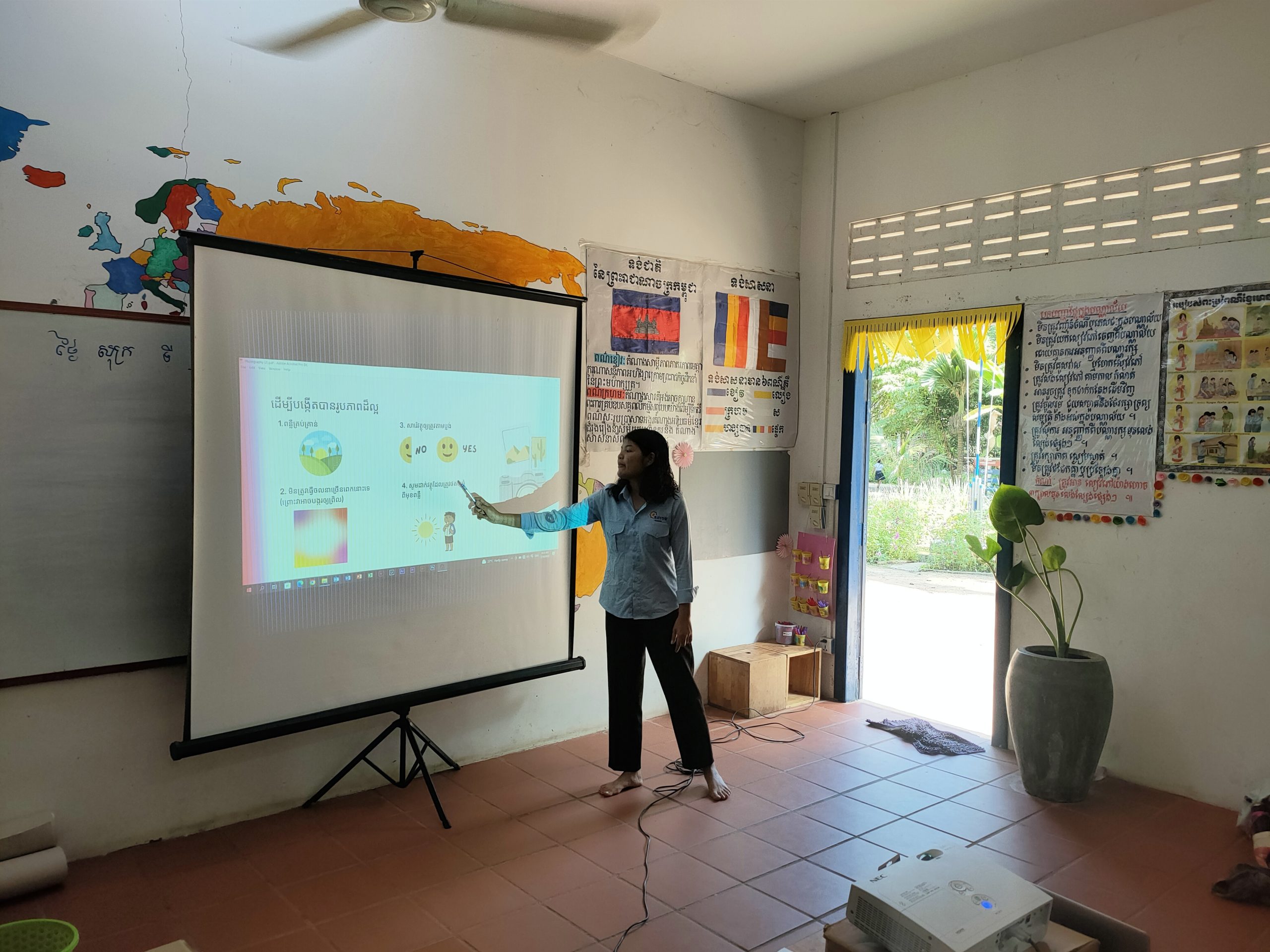
What do you expect from the results?
Once scanned and developed, the objective is to ask the students to explain their pictures and the story behind them.
Each student was able to take about 30 photographs and we hope to have some nice surprises!
In addition to the photographs taken at school, I hope to have images of their families and villages, so that we can have a representation of their daily lives. These children have grown up in the Angkor temples and know this area better than anyone else: they are, therefore, the most able to photograph it! I am curious about this reality, and I hope that they will feel comfortable enough to explain to us what their images represent. I also know that some of them wanted to go for a walk in the temples. I wonder how they perceive them. For them, these temples are simply a place to live rather than a world-famous tourist attraction. I especially hope that the images will be readable because I know that at the beginning, many are too dark or overexposed.
How was the project set up?
To realize this project, I looked for partners in Cambodia, because I know they are few to practice photography and I found it relevant to work with local companies.
Among them is the laboratory to which I send my personal films, We Film Lab, in Phnom Penh. The quality of their development has always been very good, and I like their approach and their communication on their networks.
Then there is also Rob Thort, who I discovered on Instagram. This account has a great visibility and defines itself as a community to promote photography in Cambodia. The idea is to make this practice accessible: they regularly have cameras for sale and also offer many films. I like this idea of offering to everyone the possibility to practice photography, whether as an amateur or a professional. Everything is always well explained and presented, and I thought that our project would surely find its place with them.
I exchanged with them, and they were immediately very enthusiastic and found the idea relevant. Rob Thort contributes to the project by providing us with the 35 disposable cameras, and We Film Lab takes care of the development of the images. It is thanks to them that I can now bring the project to the school, and I thank them greatly for their support.
